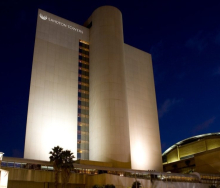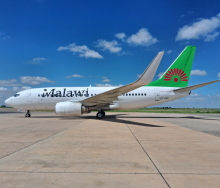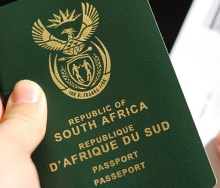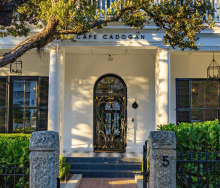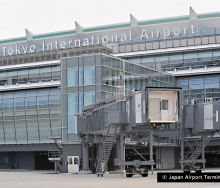Tourism sector players – including tour operators, destinations, airlines, airports, governments and international organisations – need to collaborate to take immediate action to head off the carbon crisis.
The WTM Virtual team has published a new expert White Paper, supported by the United Nations World Tourism Organisation – Decarbonising aviation: The route to net zero for the travel and tourism industry – looking at what needs to be done by the entire tourism value chain to address the issue.
The paper is the outcome of a virtual symposium organised by WTM Virtual and brings together leading experts on decarbonising aviation from around the world. The symposium was put together by Dr Harold Goodwin, Professor of Responsible Tourism at Manchester Metropolitan University and adviser to WTM London; Professor Paul Peeters, Professor of Sustainable Transport and Tourism at Breda University of Applied Sciences in The Netherlands; and international aviation policy analyst, Chris Lyle.
“The closure of borders and increased concern about travelling, both internationally and domestically, due to the COVID-19 pandemic have shown very clearly the aviation sector’s contribution to carbon emissions,” said WTM London senior exhibition director, Simon Press.
“Aviation’s contribution to the climate crisis is a problem that needs a solution. It is not just the aviation sector’s problem. Travel and tourism as a whole need to recognise the problem. We currently stand at an important crossroads in travel and tourism, where the direction we take will make an enormous difference to our destinations.”
The new White Paper makes a number of recommendations:
- Governments and international bodies must mandate e-fuel blending rates;
- Tour operators and destinations must insist that airlines and airports adopt or accept e-fuel mixtures, notwithstanding the higher cost for tickets associated with e-fuel use;
- Airlines must make greater use of drop-in e-fuels, at least for the short- to mid-term, and explore other sustainable fuel options such as hydrogen for the longer term;
- Aircraft manufacturers must invest more in the development of zero-emission aircraft and speed up the pace of fleet replacement;
- Governments should withdraw support for the development of existing aircraft technology in favour of e-fuels and hydrogen fuel cells;
- International commitments to adopt carbon-friendly flight procedures, such as the Single European Sky and to avoid parts of the atmosphere where contrails develop;
- More offsetting, using only certified, high-quality schemes, in the short term;
- Travellers must vote with their feet, selecting more environmentally friendly options and forcing airlines to make the changes, or switching to other modes of transport.
“The climate crisis gathers pace and there is no longer time for procrastination, even though the world is struggling to deal with the coronavirus pandemic,” said Harold.
“There is an alternative. The tourism industry should require governments to force the aviation sector to develop and adopt zero-carbon fuels before there is a forced reduction in flying.”



